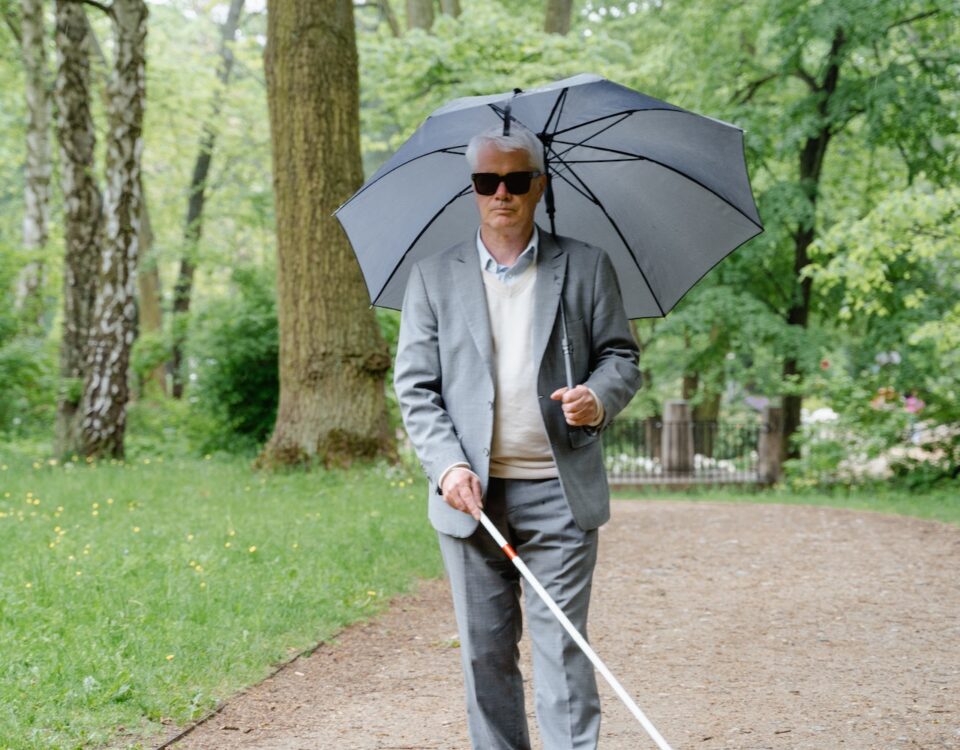You can’t always be there. But we can.
Cold and the Elderly: How to Keep Them Warm

Telemedicine for the Elderly: 7 Ways This New Format is Revolutionizing Care For Seniors
October 28, 2021
February is American Heart Month: Here’s What That Means
April 14, 2022Cold and the Elderly: How to Keep Them Warm
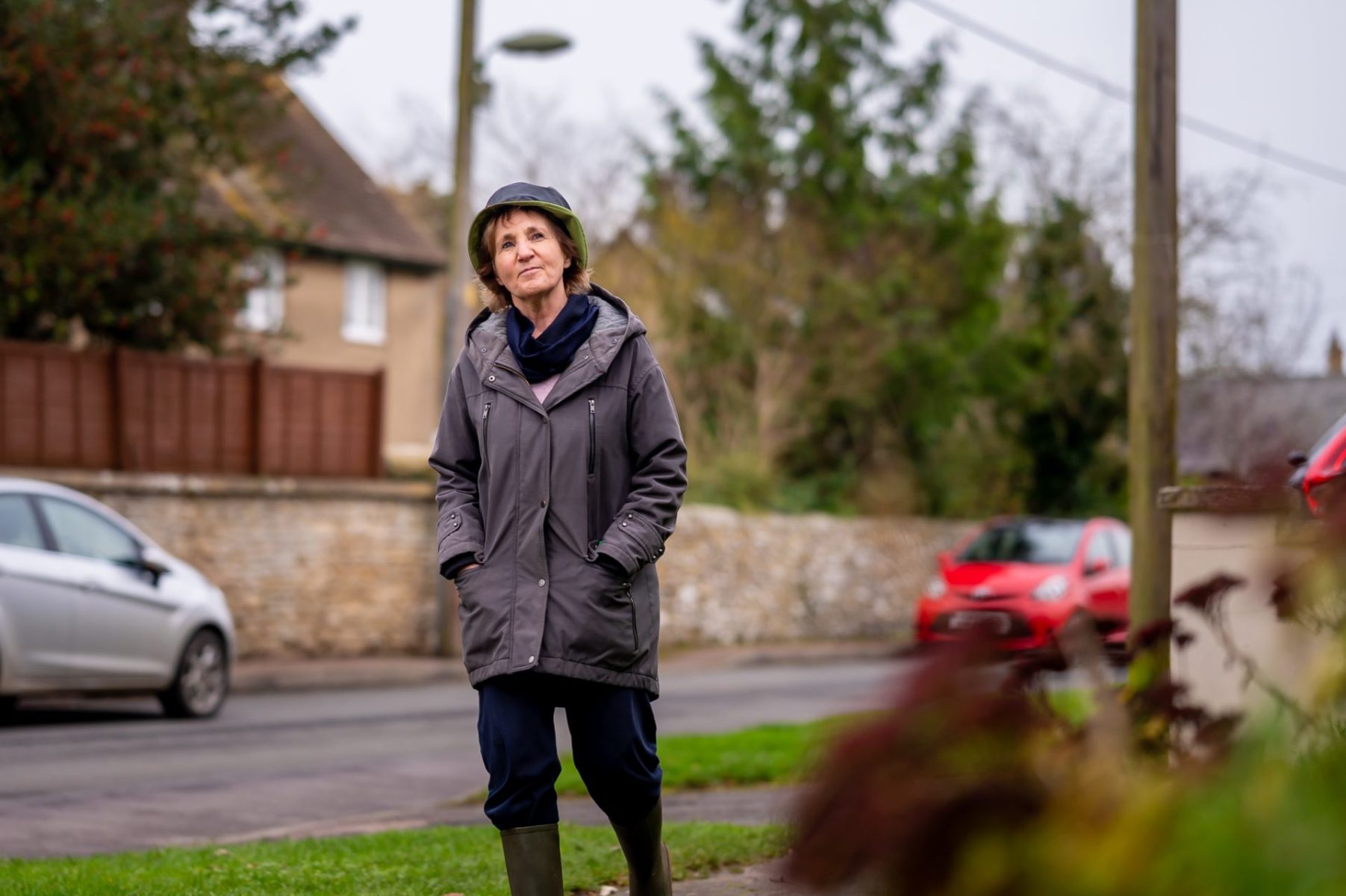
As temperatures start to drop throughout winter, it becomes more important to make sure our beloved seniors are kept safe and warm. While you might believe that seniors are just characteristically warm-blooded, there’s actually some science that backs up elderly cold intolerance and their vulnerability to sudden temperature changes.
As people age, skin begins to lose elasticity and becomes thinner. This makes fluctuating temperatures much harder for the body to regulate. When a person is cold, the heart decreases the amount of blood it pumps to the skin causing tiny blood vessels near the skin’s surface to constrict as a way to conserve heat. Age decreases the elasticity of blood vessel walls and thins the fat layers underneath the skin — making preserving body heat much more difficult.
The Dangers of Elderly Cold Intolerance
For seniors, feeling cold isn’t just uncomfortable or unpleasant — it can be flat-out dangerous. It doesn’t take freezing temperatures for seniors to develop hypothermia, which sets in when a person’s body temperature drops below 95° F. A mere 60°F environment can result in a senior’s body temperature dipping dangerously low. If left untreated, hypothermia can shut down the body’s heart and respiratory systems, leading to fatality.
In addition to cold temperature, drops in seniors’ body temperatures can be brought on by other factors, as well. Other common causes of feeling cold in the elderly can be attributed to:
- Medications such as beta-blockers, sedatives, antipsychotics, and antidepressants
- Strokes
- Parkinson’s Disease
- Hypothyroidism (underactive thyroid)
- Sepsis
- Malnutrition and anorexia
- Nerve damage
- Alcohol use
- Drug use
- Anesthesia
Keeping Seniors Warm
According to the Center for Disease Control and Prevention (CDC), more people die from excessive cold than heat. With elderly cold intolerance in mind, seniors who rely heavily on the care of others for their well-being need to be safeguarded from the dangers of the cold. Caregivers play a crucial role in keeping them warm and preventing hypothermia during cold winter days. Here are some important tips to help you keep your elder loved ones warm this winter:
-
Keep seniors’ homes adequately heated.
The first step to keeping seniors warm is ensuring their living environment is conducive to their health and comfort. Some elderly people may want to avoid turning the heat on for the sake of saving money on their electric bills. However, hypothermia can set in at surprisingly high temperatures. Saving money should never be one of the causes of feeling cold in the elderly. To be safe and prevent dangerous elderly cold intolerance, their homes must be properly heated at a temperature of at least 68°F to 70°F. Anything else is potentially risky.
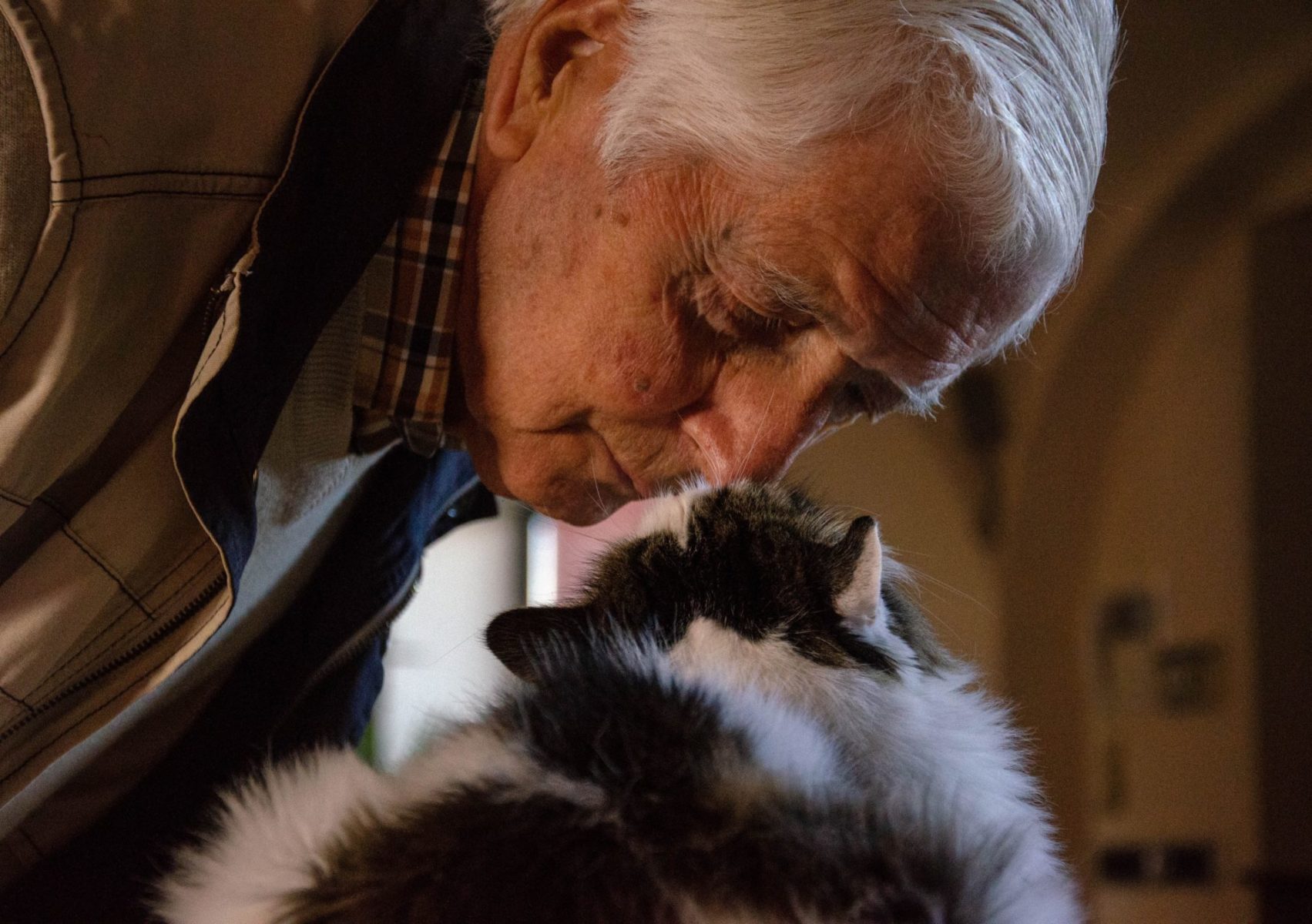
-
Get their homes winter-ready.
In addition to keeping their home adequately heated, the homes of seniors need to be winterized for temperature regulation. Even a well-heated home can feel cold with a chilly draft creeping in. Block drafts from coming into the house by looking for potential heat leaks and blocking them. For instance, gaps under doors, cracks around windows, or mail slots. Use rolled-up towels, caulking, or draft blocks to help the home conserve heat and prevent a chill from seeping in.
-
Help seniors dress in warm clothing.
Even if they aren’t leaving the house, seniors can suffer from elderly cold intolerance inside. Encourage your elder loved ones to wear several layers every day including thermal underwear, socks, undershirts, and even hats. Laying a blanket over their legs can also help keep them nice, warm, and snug.
If they do leave the house, ensure they’re wearing multiple layers, scarves, gloves, and weather-appropriate attire. Frequently check the weather to ensure they are properly dressed and comfortable. Not wearing weather-appropriate clothing is one of the major causes of feeling cold in the elderly. If it rains or snows, do not let them stay in damp clothing as it can cause their body temperature to drop and risk hypothermia.
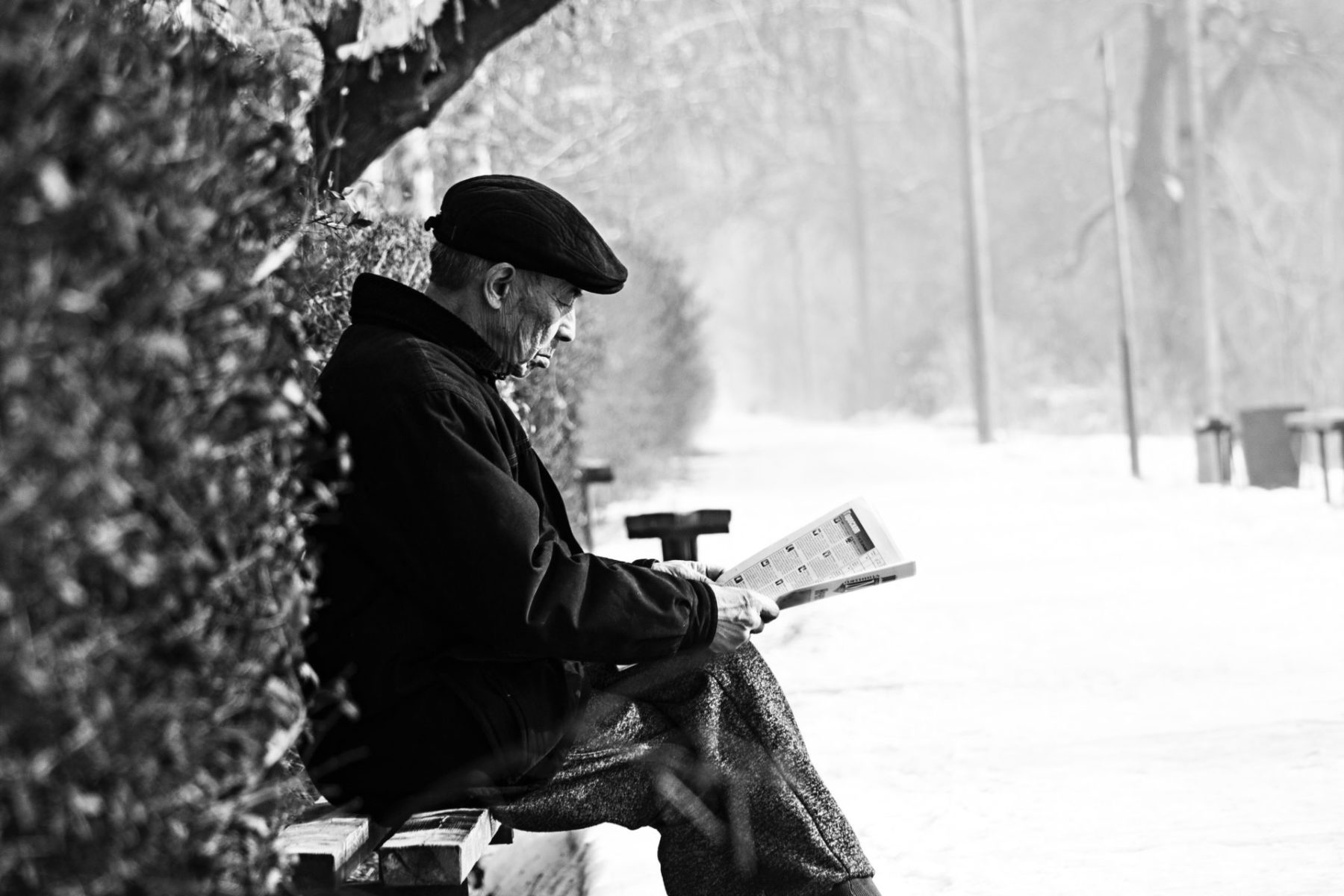
-
Make sure seniors are eating nutritious food and staying hydrated.
A poor diet and nutrient deficiency can make elderly cold intolerance worse. Help prevent this problem by encouraging a healthy, nutrient-dense diet. Preparing healthy food and ensuring they eat the right portions will improve their body’s ability to regulate temperature. Warm liquids, like soups and teas, can also help keep your elderly loved ones warm on cold, winter days. Dry air temperatures inside and outside can also cause dehydration so make sure your seniors are drinking lots of water.
-
Encourage seniors to stay active.
Encouraging seniors to get active isn’t just beneficial to their physical fitness — it’s a great way for keeping seniors warm. Inactivity is one of the causes of feeling cold in the elderly. Remaining sedentary for extended periods can drive their body temperatures down and affect body heat. If they are able to, encourage your elderly loved ones to stand up, stretch their legs, and walk around a bit. Something as simple as playing with a pet or helping you in the kitchen could help prevent elderly cold intolerance. On days when it isn’t too cold, bundle them up and go on a neighborhood stroll with them. If your senior is unable to stand or walk, range-of-motion exercises will go a long way. Staying active is important for increasing the circulation within their bodies and making them feel warmer without undue strain.
-
Check-in on them frequently.
Some seniors are keener on privacy than others. It is up to their families and caregivers to determine how often their elderly loved ones should be checked on. Create a plan and schedule so that someone is frequently checking in on seniors who live alone. Elderly cold intolerance too often goes unchecked. Many of the prominent causes of feeling cold in the elderly can be prevented with attentiveness. Not only do these visits serve as a wellness check for the seniors, but it is also an opportunity to ensure that their living environment is conducive to their warmth and nourishment. Confirm the home is being heated properly, that they are wearing the right clothing, and so on.
-
Know the warning signs.
Lastly, caregivers must be able to recognize the signs of hypothermia. The symptoms begin slowly and as the main provider of care, you are likely the first line of defense against this condition. As mentioned earlier, elderly cold intolerance can lead to hypothermia at surprisingly high temperatures so knowing the warning signs is crucial.
Common symptoms that can be indicative of hypothermia include:
- Disorientation or confusion
- Drowsiness
- Clumsiness
- Slurred speech
- Slow or shallow breathing
- Slow or weak pulse
- Loss of consciousness
If any of these symptoms become present, medical attention should be sought immediately.
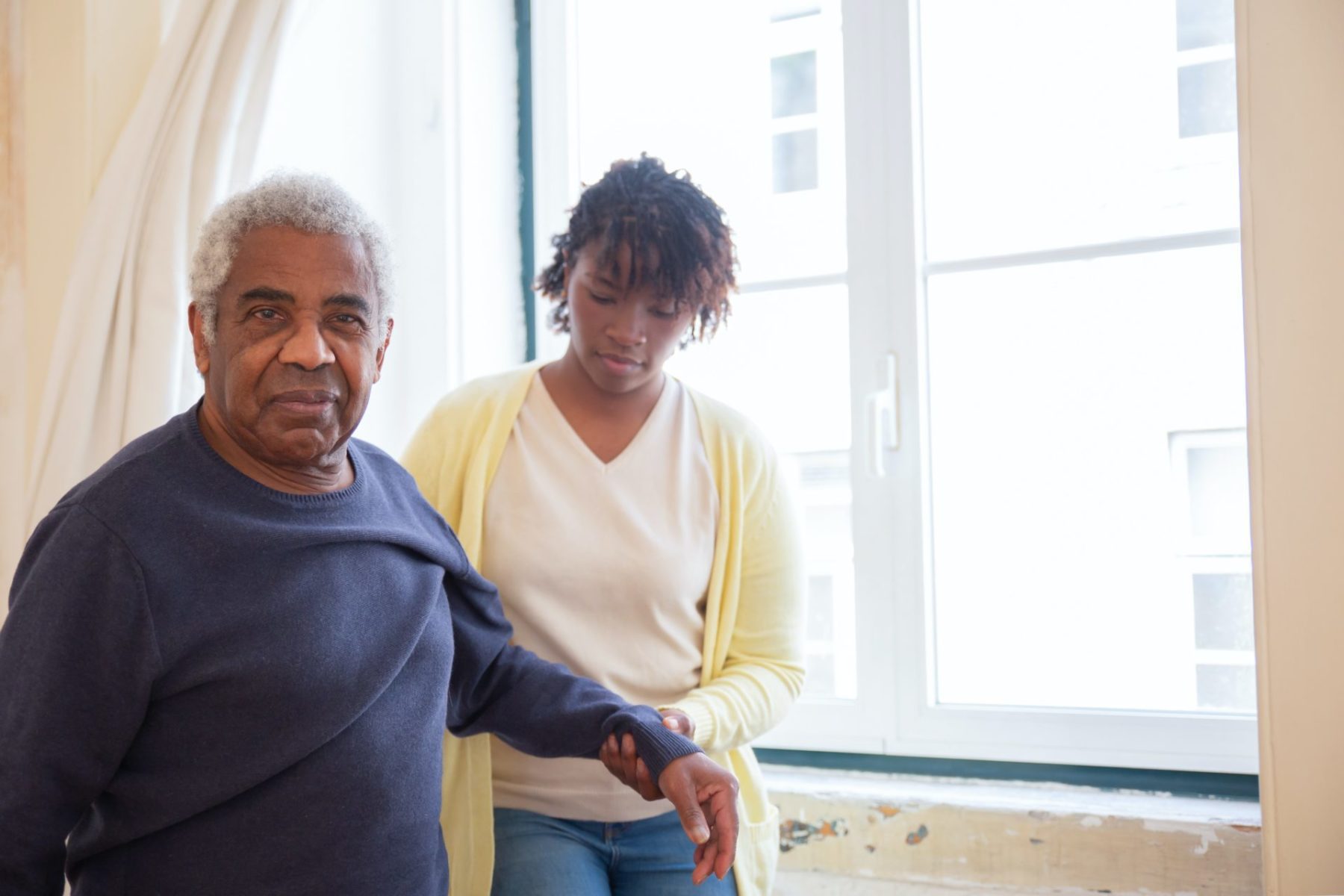
Bring in reinforcements.
With many seniors struggling to stay warm without assistance, it is up to caregivers and family to prevent many of the causes of feeling cold in the elderly and reduce their chances of becoming hypothermic as a result of elderly cold intolerance. With the cold weather months aligning with the busy holiday season, additional help is often needed.
In-home care services can play a big role in keeping your aging loved ones safe during the chilly, winter season — from keeping your seniors cozy, well-fed, and properly medicated to keeping their home heated and providing meaningful companionship. Consider in-home care as a means to an end that gives you both peace of mind and keeps your senior safe this winter.

